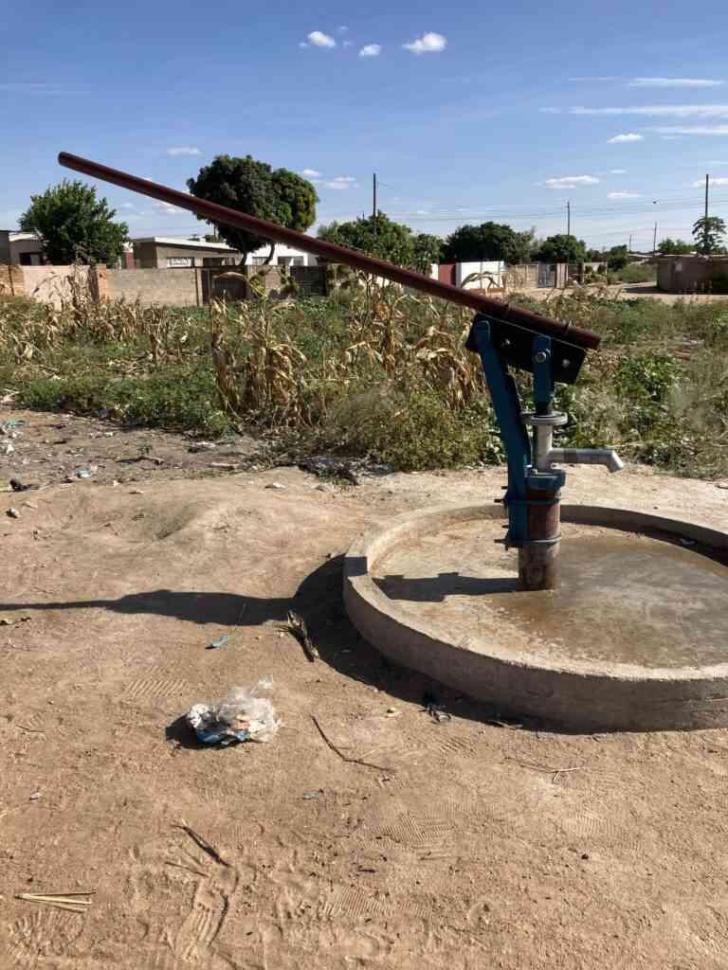The Zimbabwean government has issued a stern warning to borehole owners in the Upper Gwayi Sub-Catchment area of Matabeleland North province, threatening fines for those who have not registered their boreholes with the Zimbabwe National Water Authority (ZINWA). The notice, dated September 12, outlines the requirements for registration and the potential legal penalties for non-compliance.
The Upper Gwayi Sub-Catchment Council, responsible for managing water resources in the region, posted the notice at the Mhlahlandlela Government Complex in Bulawayo. Signed by D Mapolisa, the notice calls on all borehole and well owners to ensure their installations are properly registered.
“Do you have a well or borehole? Is the well or borehole registered with the Upper Gwayi Sub-Catchment Council? If your answers are yes to question 1 and no to question 2, please visit our offices and register your well or borehole and pay outstanding levies,” the notice reads.
The notice warns that failure to register will result in legal penalties as outlined in Statutory Instrument 206 of 2001 and Section 118 of the Water Act [Chapter 20:24]. “Please be advised that it is illegal to use water from a well or borehole without a permit. You are advised to respond to this notice within seven days. Every visit to your property will attract a non-compliance fee of US$150 if you fail to respond within the stipulated days. Consider this your first visit,” it adds.
According to the Water Act, all borehole owners must register their boreholes with ZINWA or the nearest catchment council offices. Prospective borehole owners must also obtain a permit for drilling from these authorities.
ZINWA spokesperson Merjorie Munyonga confirmed the role of the Upper Gwayi Sub-Catchment Council but noted that the authority could not verify the authenticity of the specific notice in question. Munyonga emphasized that sub-catchment councils are legal entities responsible for registering boreholes, issuing groundwater abstraction permits, and maintaining borehole registers.
“The public is advised that in accordance with the law, individuals or entities need to obtain authority to drill and deepen boreholes from their respective sub-catchment councils. Boreholes drilled without registration require regularization with sub-catchment councils. This ensures sustainable utilization of groundwater resources,” Munyonga said.
The move aims to ensure proper management and sustainable use of groundwater resources, amid growing concerns over water scarcity and resource management in Zimbabwe


